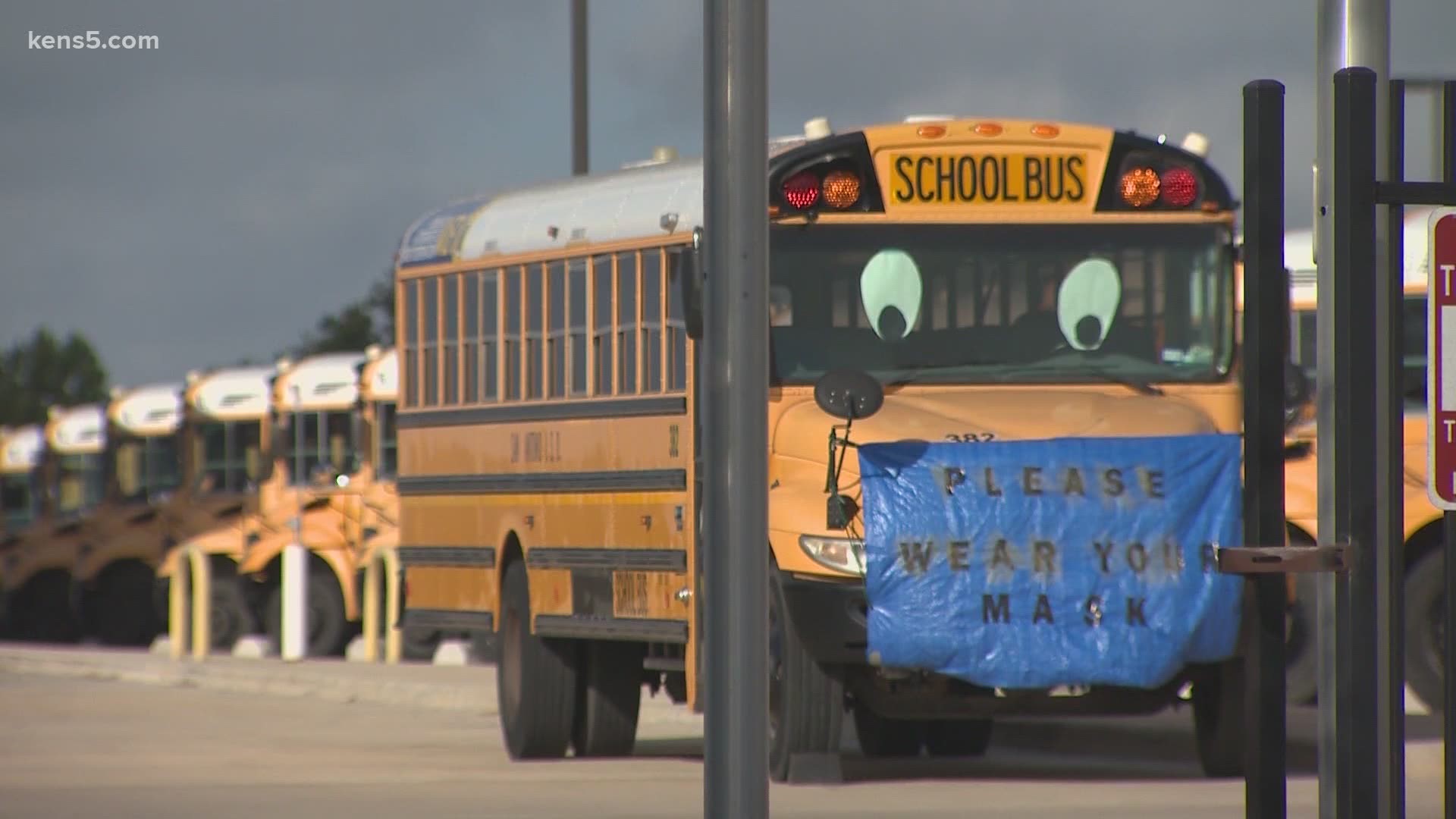SAN ANTONIO — As the school year begins and districts weigh how to best and most safely educate students, they're also working through new challenges in ensuring students receiving special education services that equate to what they received before the pandemic.
Meanwhile, families are trying to make the best decisions for their students as they navigate new and changing systems.
State Sen. Jose Menendez said that, in a survey with over 15,000 parent and teacher respondents, he heard from many concerned about the prioritization of students who receive special education services.
While many school districts say they are working closely with families to provide versions of the same resources and exercises they typically rely on, it is also uncharted territory—and parents and staff want to make sure the issue stays top of mind, and is supported logistically and financially on multiple levels.
(You can view a list of resources his office is compiling here.)
"Many parents are frustrated because they feel students are going to miss out on valuable instruction time—and I get it," Sen. Menendez said. "Not only did we have the summer lost, we had the spring lost, and for many it’s hard to pick up where they left off, five months ago, uninterrupted. So we have got to give them a platform with effective communication in order to help them know they’re not out there alone, and we need to offer some emotional support. Not just for the students, but for the parents and teachers and everybody involved, because there’s no one-size-fits-all."
He's petitioning for complete STAAR test cancellation, and for the funding to be redirected to other needs including supporting special education services. He's also working with the state, school districts and advocates for special education support to coordinate families, spotlight resources and identify concerns that have statewide solutions.
"We have got to really level the playing field," Sen. Menendez said. "I want us to have the best education system in the nation. I believe in accountability, but I think it needs to be done in a way that has some common sense and a sense of compassion as well."
He says through his conversations with the state, he's learned that students are entitled to versions of the same services they receive during full in-person learning. But it will take parents communicating regularly with their campuses and districts to ensure plans are adjusted as needed.
"If you have therapists or therapies you normally get that you need to ask them, what’s the game plan to continue those?" Sen. Menendez said. "We understand it’s hard for anybody to leave a mask on, especially students that may not understand why they need to leave that mask on. I understand why it’s very, very difficult for families who say, 'So my child can’t be an in-person environment.' And unfortunately, a remote environment is just as hard to keep their attention at times."
By now, many parents have already worked with their districts to set plans for this school year, which may be adapted if need be as the year develops. While some districts have different processes in place, most advise the parent to either work directly with their campus, or with district-wide staff to prepare those plans and check in regularly.
The Texas Education Agency has released guidance on providing special education services and a list of frequently asked questions, writing in part:
"There is no defined or correct method to adequately and equitably meet the needs of all students in an unprecedented event such as the current COVID 19 pandemic response. (Local education agencies) need to be flexible and consider employing a variety of delivery options as they make reasonable efforts to provide services to students with disabilities. Above all, LEAs should prioritize health and safety of students, staff, and communities.
LEAs should identify and acknowledge service delivery limitations, as well as the need for LEAs to make reasonable efforts to fully implement a student’s IEP once school resumes. This requirement to “make every effort…” does not allow a LEAs to decline all services to students with an IEP and only offer compensatory services at a later date."
(You can view the full TEA guidance and information for schools and families here.)

